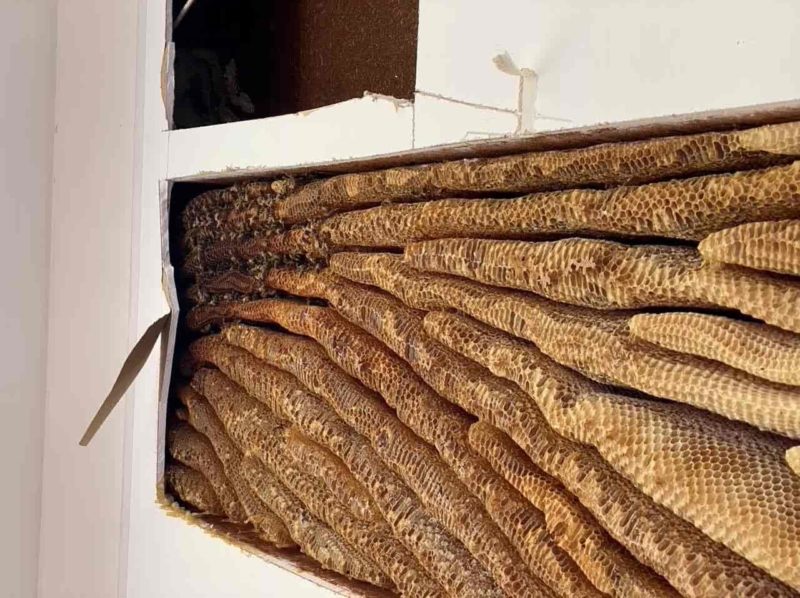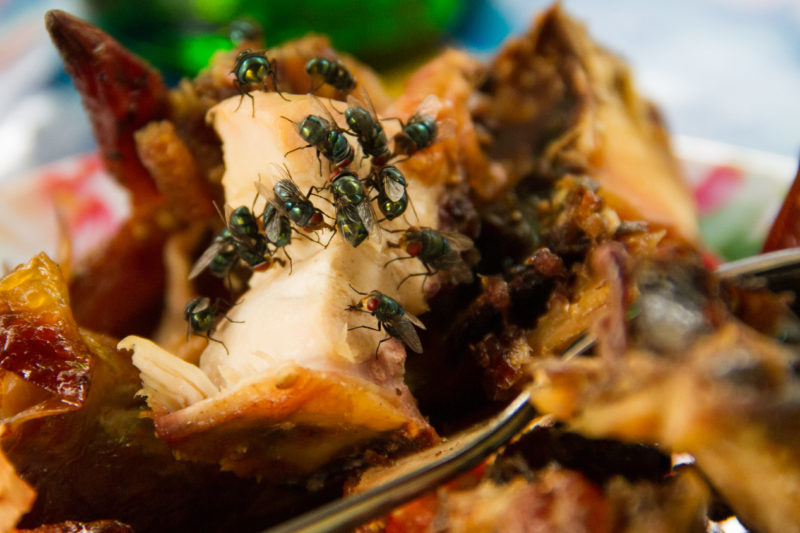Bees
Bees are essential for our ecosystem, as many flowers need them to pollinate. But, that doesn’t mean you have to live with them. When it comes to dealing with bee infestations, Flick Pest Control is the top choice for effective and safe pest management. Our experienced technicians are trained in handling bees and will work to safely remove them from your property without causing harm to the bees or the environment. With our expertise in bee control and prevention, you can trust Flick Pest Control to provide reliable and efficient treatments to rid your property of bees.
It is essential to relocate bees carefully to ensure their survival. Improper relocation methods, such as extermination, can harm bee populations and disrupt the delicate balance of nature. By relocating bees properly, we can help protect these important pollinators and contribute to the health of our planet. Our safe bee pest control service removes the hive without harming the bees. We relocate the hive away from your property, and the bees follow.
Bee hives can be found in the walls of Australian homes and businesses. Find out more here.
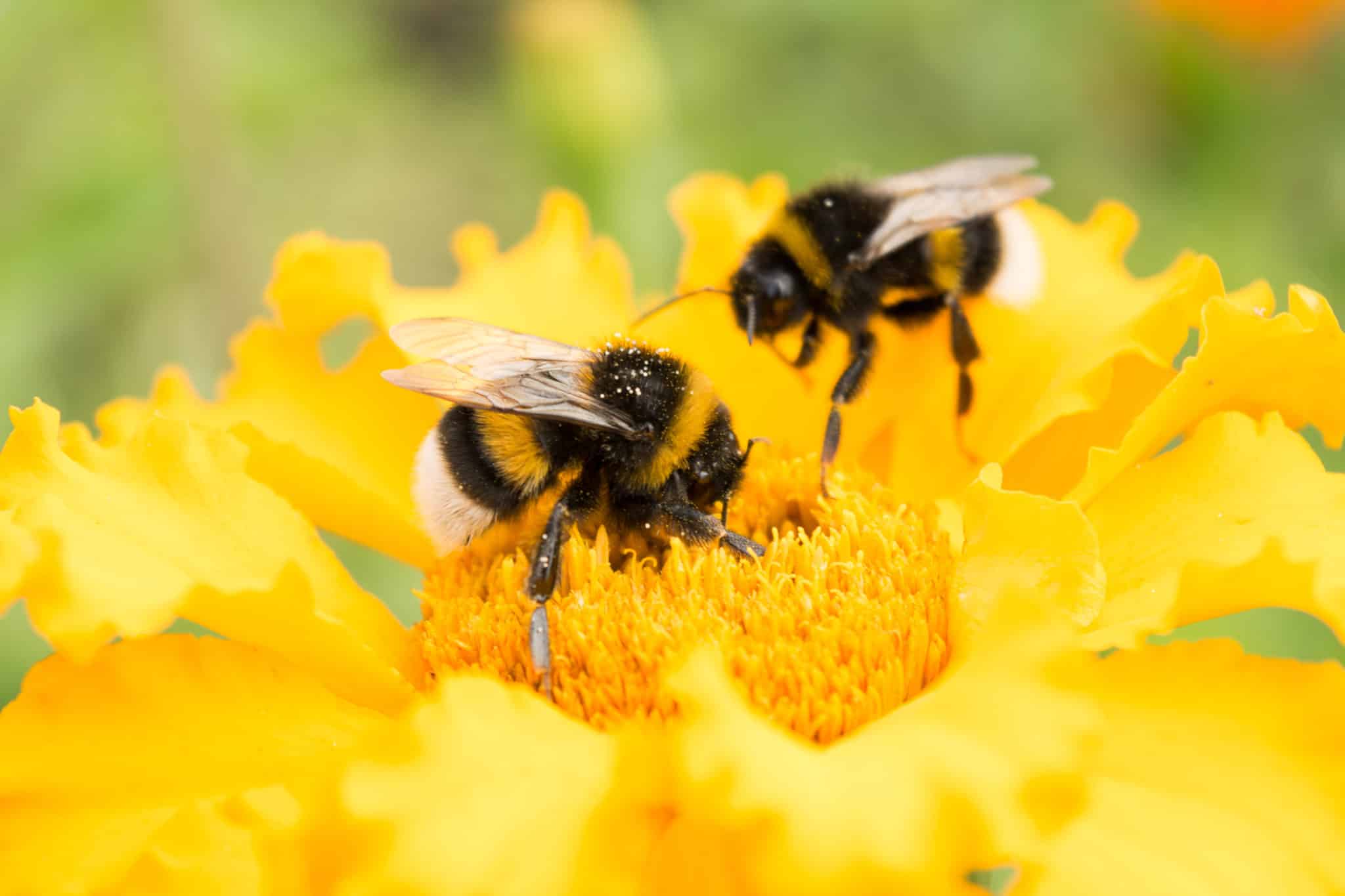
Commercial Pest Solutions
Bee Relocation
It is essential for businesses to prioritise the health and safety of their employees and customers. Bees pose a health risk to your staff and clients. Flick’s professional commercial pest control services provide tailored solutions to relocate and prevent bees, ensuring a clean and hygienic environment for everyone. Our regular inspections and treatments help to maintain a pest-free workplace and protect your business from potential pest related damage. Trusting in Flick’s commercial pest control solutions is a smart investment in the long-term success and reputation of any business.
Common Bee Questions
Where do bees and wasps live?
Bees thrive in natural or domesticated environments, although they prefer to live in gardens, woodlands or orchards, meadows and other areas where flowering plants are abundant. They build nests inside trees cavities and under edges of objects to hide themselves from predators. They can also live in the wall cavity of homes. Wasps can be found in soil, on the ground, inside fruit (because of their penchant for consuming sweet foods), in their mud or paper nests, and around the home. European wasps are known to establish a nest underground.
When are bees and wasps most active?
Bees and wasps are most active during the day. Bees have been observed to sleep in groups during the night. Wasps are active at any time of the day, with some species only active before the sun rises. Wasps are most active during the warmer months of the year, when they can become aggressive and can be found near garbage cans or around food.
Why are wasps considered pests?
Not all wasps are pests, but the European wasp is an aggressive species and the number one pest cause of hospitalizations in Australia. Those with allergies to wasps face the biggest risk. Unlike a bee – which can only sting once – the European wasp is able to sting multiple times.
Do I need professional bee or wasp help?
An unsought beehive or wasp nest in your garden can prove dangerous, particularly for those with allergies or children. As bees play an active role in our ecosystem, it’s important to try and remove them safely from your property. Flick will do this whenever possible. Our technicians are trained in removing bees in an environmentally friendly way.
What should I do if I spot a bee or wasp nest?
If you come across a bee or wasp nest on your property, do not approach it. Both species are more likely to behave aggressively if they are defending their home. The safest way to remove bees is by calling your trusted Flick technician, who will safely remove the nest from your premises.
Common Bee Species
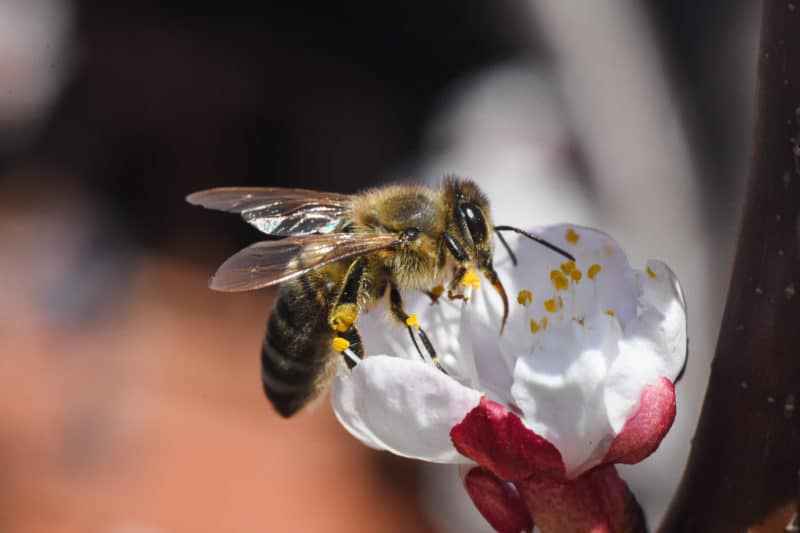
European Honey Bee (Apis mellifera)
Apppearance
Worker Honey Bees are 13-16mm in length, with yellow abdominal banding and fine hairs all over the body. They have light brown wings with dark veins.
Lifestyle
Honey bees live in colonies of approximately 40,000 to 80,000 bees. Inside their hives, they build parallel wax structures to store food and their brood. They sting if the hive is threatened. Honey bees nest in cavities such as tree hollows or house walls.
Habits
Swarming can occur once or twice a year, depending on the climate. They tend to be docile unless threatened.
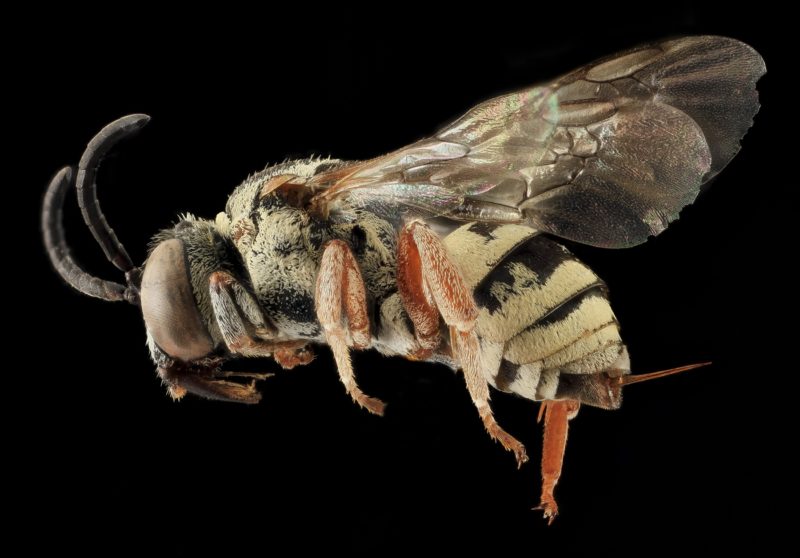
Asian Honey Bee (Apis cerana)
Apppearance
Asian honey bees are 10-13mm, which is smaller and less hairy than European honey bees. They also have brighter yellow banding on their abdomen. Their clear wings have dark brown veins.
Lifestyle
Asian honey bees build hives with about 20,000 bees. They fly faster and more erratic than European honey bees and can sting when threatened. They were first spotted in Cairns in 2007 and are now established in far north Queensland.
Habits
Asian Honey Bees cannot be used for honey production as they leave the hive and swarm frequently. They can spead mites and diseases.
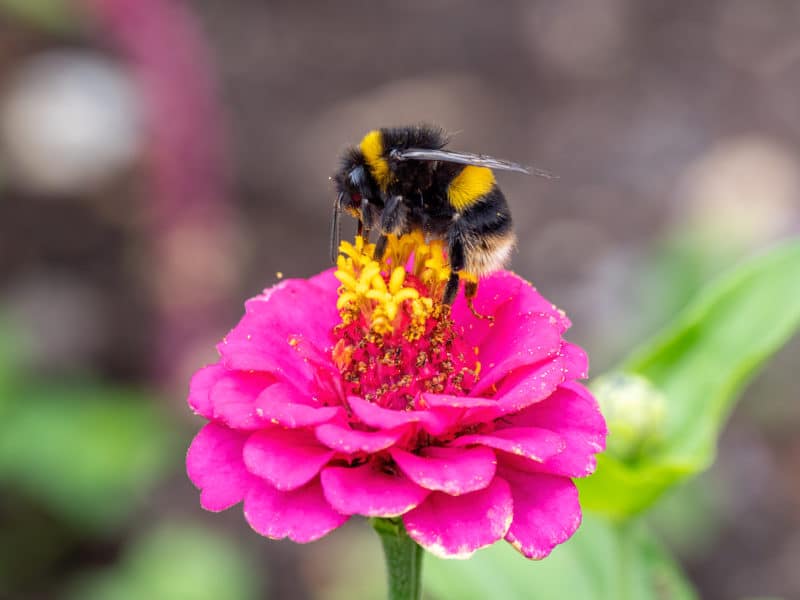
Bumblebee (Bombus Terrestris)
Apppearance
The bumblebee ranges in size from 11–22 mm and is covered with dense hair. Their abdomen is black with one yellow band across the thorax and another across the abdomen. They have a white patch at the end of the abdomen.
Lifestyle
Bumblebees were introduced illegally to Tasmania in 1992 and are now established there. This social bee lives in small colonies of only 50 to 60 bees.
Habits
Bumble bees like colder climates and nest in the ground, such as compost heaps.
I found Bees! Help!
Don't worry, we're here to help. Follow these steps to stay safe until help arrives!
Call a Professional
Call Flick Pest Control Immediately.
If you encounter bees in your home or business, you may be dealing with an infestation. Don’t wait until the problem gets out of hand – we can help protect your property and ensure the health and safety of those around you. Fill out the form below or call 1300 270 019 today.
Leave the Bees Alone
Trust Flick Pest Control to handle the situation
Our pest control technicians have the knowledge, experience, and tools necessary to effectively and safely eliminate pests from your home or business. Attempting to treat bees on your own can be risky and may not fully eradicate the problem.
We will and ensure a safe and effective outcome for your property.
There May be More!
Don’t Go Looking Around!
Flick’s pest control experts will perform a thorough inspection of the property to identify any areas where bees may be present, followed by the development of a treatment plan tailored to the specific needs of the situation. By implementing effective pest control strategies, we can help ensure a pest-free environment for you.


